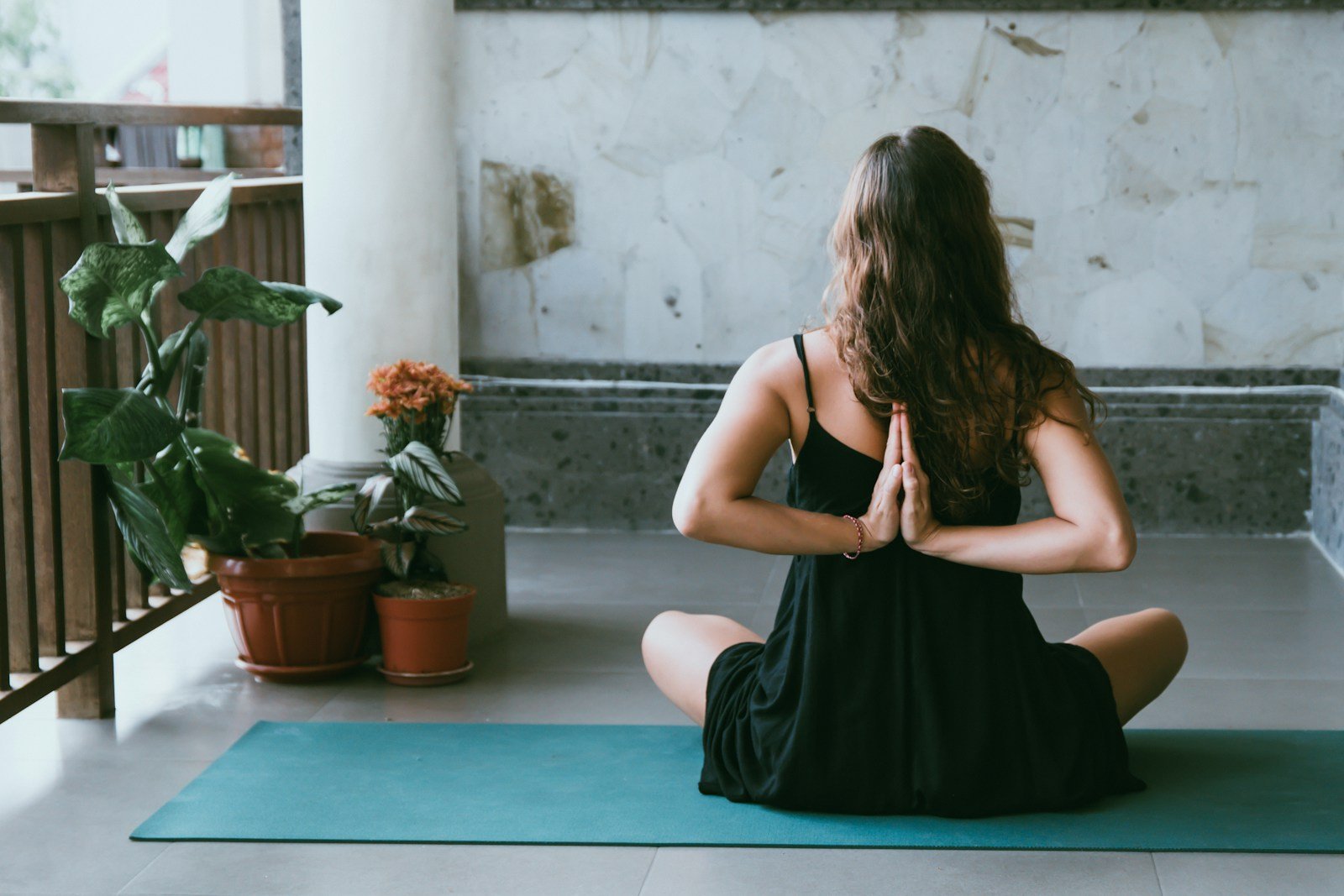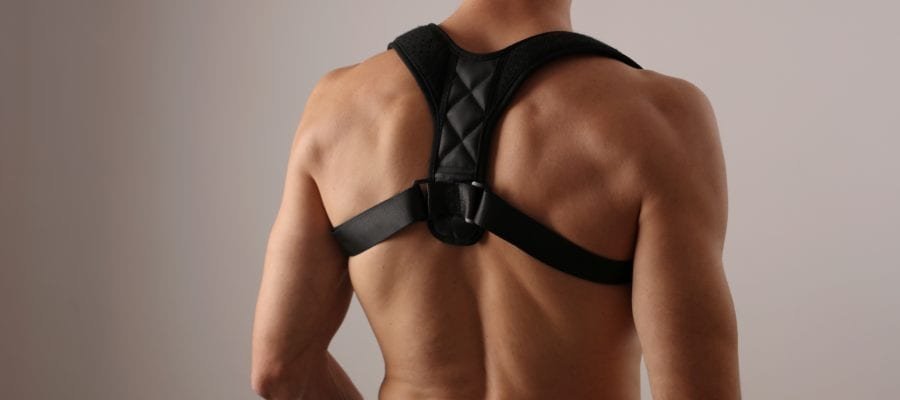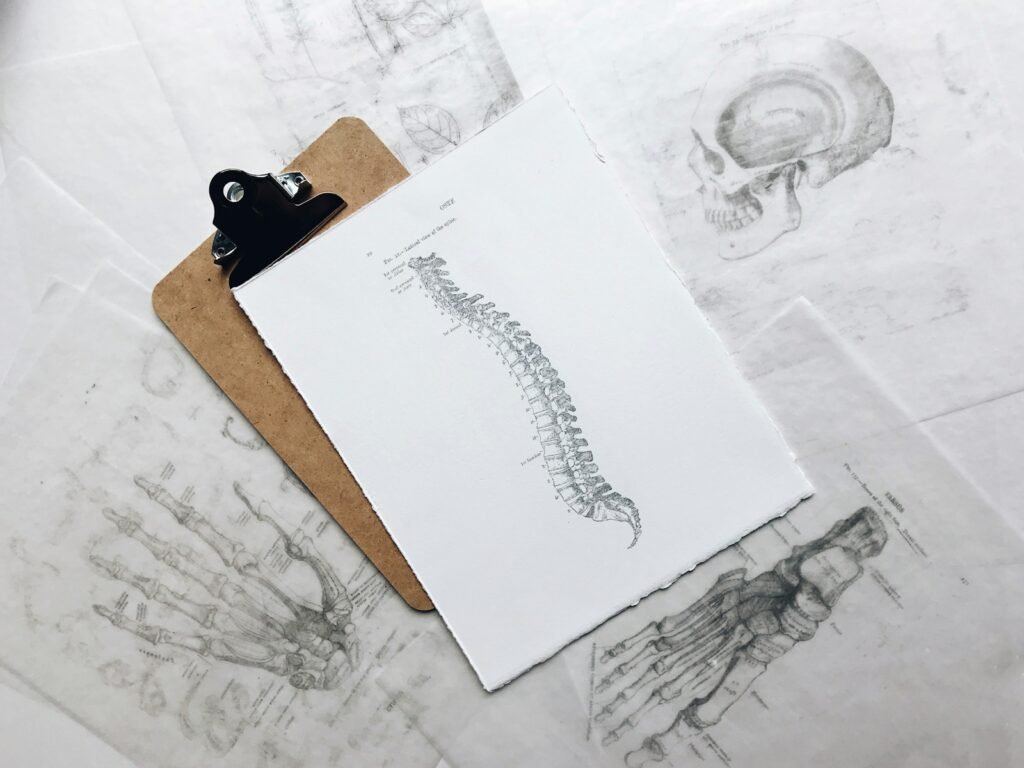Hunched shoulders in body language typically indicate defensiveness, anxiety, or a desire to protect oneself. This posture often results from the natural inclination to protect the throat from perceived threats, and it can become more permanent over time, especially with habits like looking down at a phone. Hunched shoulders can also signal nervousness, stress, or depression as they close off the neck and chest areas, making a person appear smaller and more vulnerable. This posture is often associated with feelings of insecurity or lack of confidence.
What do hunched shoulders mean in body language?

People also read
Learn more about posture
Improving your posture is not a quick fix. It requires daily effort, such as doing posture exercises, using a posture corrector, improving your ergonomics, being aware of your posture, or visiting a posture specialist or chiropractor. Poor posture can affect your health, appearance, confidence, and aging. Learn more about body posture in general, related health issues, research, and how to fix your posture.
Posture exercises
Regular posture exercises, from yoga to stretching, can be done at home, in the office, or on the go.
Posture correctors
Posture-correcting devices, such as braces, straps, clothing, and reminder apps, are popular ways to improve or prevent poor posture.
Posture and ergonomics
Ergonomic solutions, such as ergonomic chairs, standing desks, or ideal monitor height, can improve posture at the office or home.
Posture and health
Bad posture can impact health, causing back and shoulder pain, headaches, breathing issues, and decreased concentration.
Posture and appearance
Posture and body language go hand in hand. Poor posture, such as hunched shoulders, can affect your confidence, mood, and appearance.
Posture research
About 65.3% of the population has bad posture. The digital revolution has worsened our posture, and research about posture has spiked.
